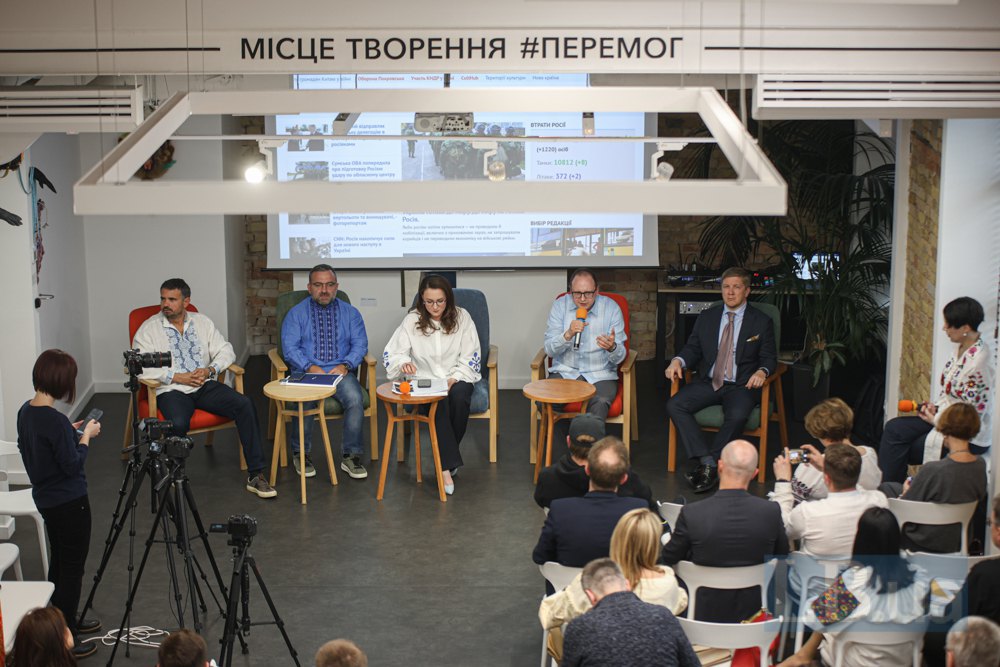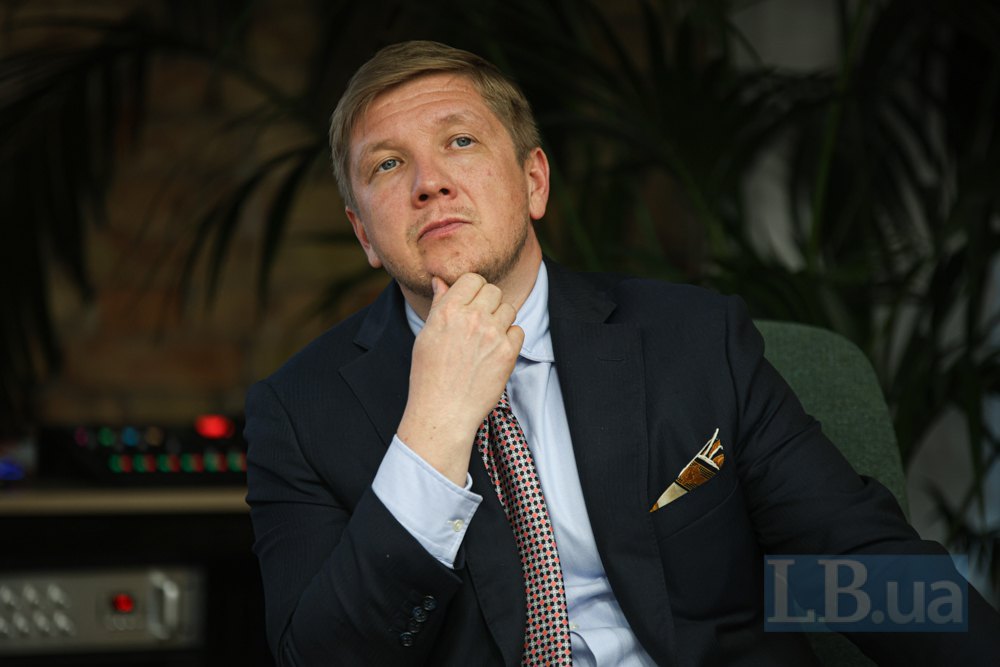
‘It's a great concept that the people of Ukraine own the subsoil,’ says Andriy Kobolyev, "but I would like to suggest that anyone should first get it out of the ground, from a depth of 5 kilometres. You will understand that this is not a trivial matter, just like producing anodes and graphite."
Often, he adds, even the availability of investment does not solve the issue of mining, as technology, experience and access are needed.
"For example, with lithium. If you look at the technology, the owner of the advanced technology is China, which has now banned its export. As far as I understand, direct lithium extraction is still owned exclusively by the Chinese. And without it, you can't do anything with lithium," Kobolyev said.
According to him, the Americans are one of the most efficient subsoil developers today, and the terms and interest rates we have attracted are very beneficial for Ukraine.
In addition, the DFC (U.S. International Development Finance Corporation - Ed.), which is the manager of the newly created fund on the American side, can provide investors with risk insurance, without which no one wants to invest in Ukraine, the former Naftogaz CEO stressed.
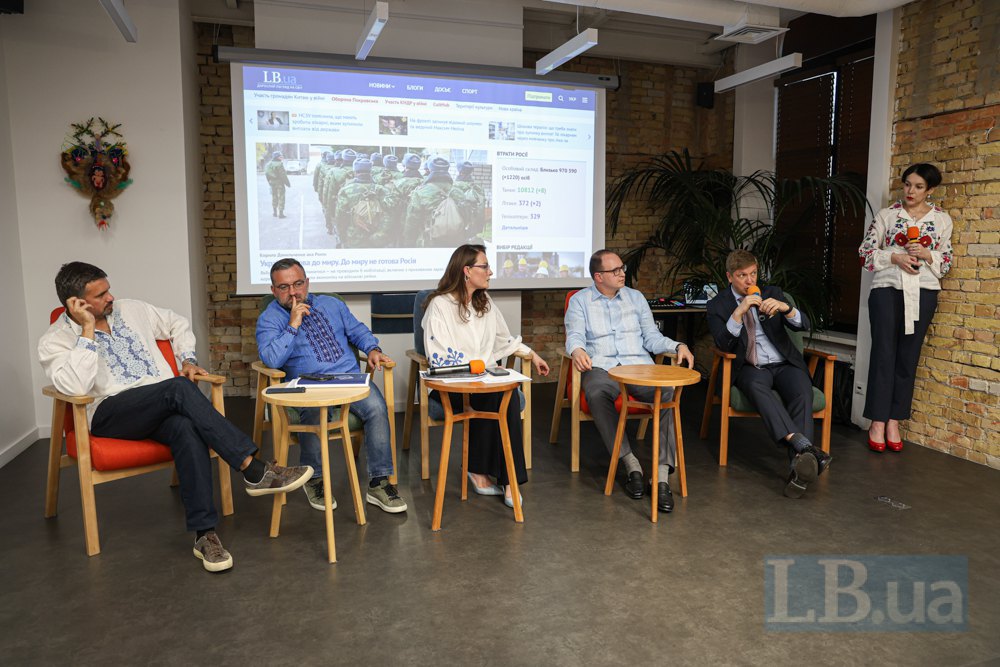
"I want to give an example from real business. There are now a large number of projects in the energy sector that demonstrate relatively high and attractive profitability. For example, energy storage systems, or so-called energy storage facilities. One project that I'm involved in still does not have formal DFC insurance against risks, including military and political risks. But it has an official letter saying that we will give you this insurance. And the subscription of investors with money for this project already exceeds the available potential assets by several times. More than €37 million has been raised, and another €120 million is just waiting. Because people are willing to give money only because of this insurance.
In fact, there are a lot of potential investors in Ukraine. But they want certain guarantees and certain conditions. That someone will compensate them for their investment if they arrive. Then they are ready to come. Therefore, if DFC opens this umbrella of insurance over us, there will be more money than we can digest," said Andriy Kobolyev.
Using the gas production sector as an example, he predicts how investments will work.
"The gas industry has many projects ready for implementation - the initiative was digitised in 22-23, and it is waiting for American money. But more importantly, it is waiting for American technology.
This is the drilling of deep, unconventional conductor wells followed by extensive horizontal drilling. The approximate cost of one such well is between $20 million and $30 million," Kobolyev said.
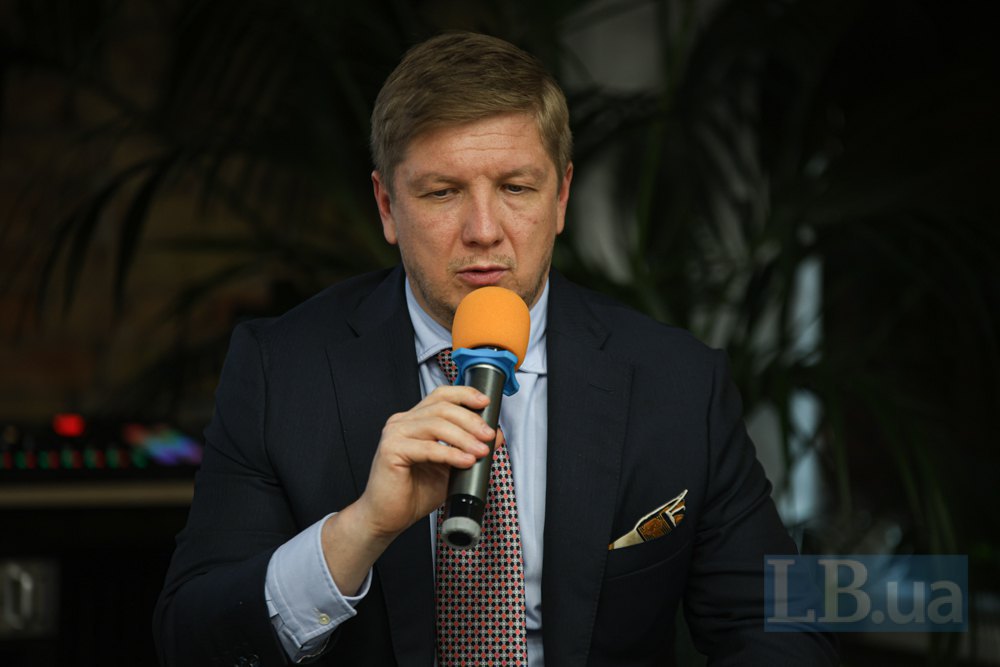
According to him, there are 30-40 such wells ready for drilling. They are located in the eastern part of Ukraine, but it is not a war zone.
"I think it is easy to drill a billion dollars in a year. But without a high-quality Western partner who knows how to drill horizontal wells on a conveyor and perform multistage hydraulic fracturing without case study and in the American way, it is impossible to do this. We have no such experience. There are some hints, but they are not enough.
If, as part of this idea, DFC provides insurance to these guys and they bring the equipment, there will be specialists who are not afraid of war... And that's what I'm afraid of the most. I'm afraid that the risk managers of some providers will say: we forbid bringing our specialists to Ukraine. This is the biggest risk. There are drilling rigs, candidates, technology - a billion dollars can be easily invested in this area alone in a year," said the former head of Naftogaz.
Theoretically, in a war, through the PSA (production sharing agreement) format, Kobolyev believes that part of the gas produced can be left for sale in Ukraine, given the destruction of gas production infrastructure by the Russians.
"The rest will obviously have to be exported. And if this agreement opens the way for new export projects, if not left in Ukraine and sold at a deeply discounted price with unclear payment periods, it will attract a very large number of investors. Investors in gas are not so much afraid of geology as they are of the export ban. It is simply not profitable to sell on the Ukrainian market at the moment.
I watched a presentation about these wells I have just mentioned - large conductor wells with unconventional deposits. In about 6 years, this can give us about 46 billion cubic metres of gas. This is a relatively large figure from this one project alone. (For comparison, last heating season, Ukraine used 14.8 billion cubic metres of gas. For the next one, we will have to buy 4.5-4.6 billion cubic metres of gas abroad in addition to our own production, because the Russians have destroyed our capacities.)
And if this happens, we can calculate the addition to GDP. I won't talk about figures in other industries, but in gas, this potential is relatively well calculated and known. It is in the tens of billions of dollars a year.
I would like to see the day when we realise this opportunity," said Andriy Kobolyev.
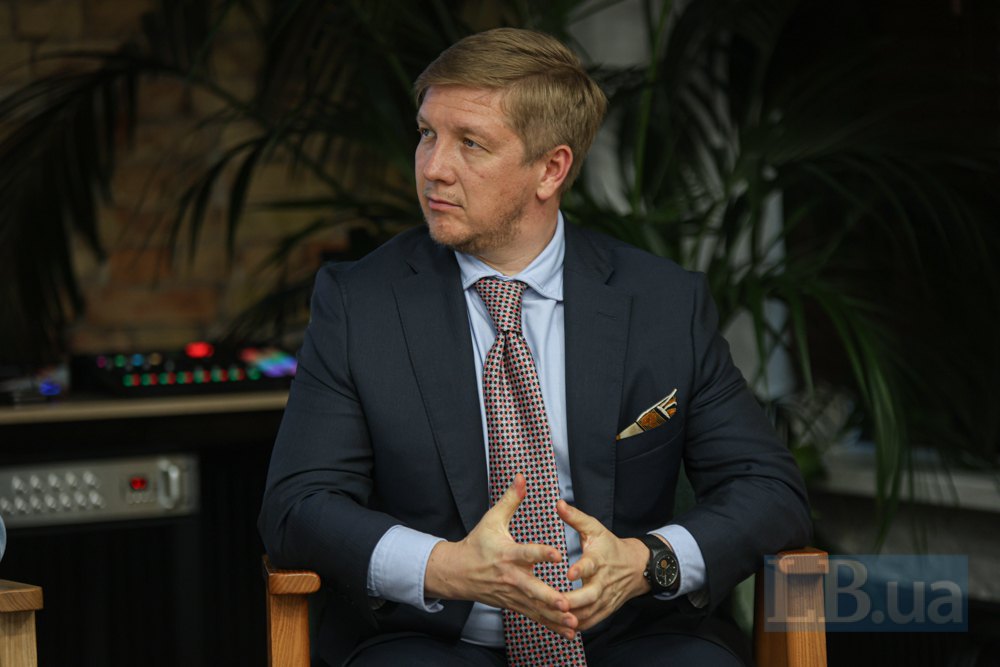
This agreement with the United States, says the former Naftogaz CEO, is our ticket to cooperation with companies and funds that have money, technology and markets, and this is already a lot. And if the licensing and land permit management systems are also changed, it will be a huge breakthrough, he adds.
"If we look at who was the recipient of the licence and what happened to them, I think that Ukraine's case is unsuccessful, it's a D. With our resources in gas, we have no big names, only local companies. There are a few companies that are close to big, but there was only one big company, Shell, and it left. It was not because of the war, so this is an D.
Our system produces a lot of dormant licences. They should be counted not by their number, but by the mileage they cover. If we take, for example, the PSA tenders held in 2019 and look at what is happening with these licences now, they were dormant before the war, they were not moving anywhere... Our system does not encourage them to develop, and therefore does not encourage attracting high-quality large investors. I really hope that this agreement will force us to change this," Kobolyev stressed.
As First Vice Prime Minister and Minister of Economy Yuliya Svyrydenko emphasised, the fund itself will not participate in any developments, its task is to attract money to the development, so it is in Ukraine's interest to hold effective tenders that will provide new attractive licences, the former Naftogaz executive said.
And at the same time, to change the regulation so that the issue of land allocation and approval by local authorities ‘ceases to be an auction of extortion,’ he adds.
"Once you get a licence, you have to go to the site and negotiate with the local authorities to use the land. By the way, Shell left because of this. We don't have a legal and transparent tool to negotiate with local communities. It is not cheap. The issue is not the price. The issue is that this tool is not transparent. We are not ready to explain to our shareholders these lines in the balance sheet or in the expenses for which we have to buy something. It is not worth it. If we had a new Shebelynka, they might have stretched themselves, but they won't for what we have. So now it is in our interest to change at least these two things inside the country," Kobolyev summed up.
